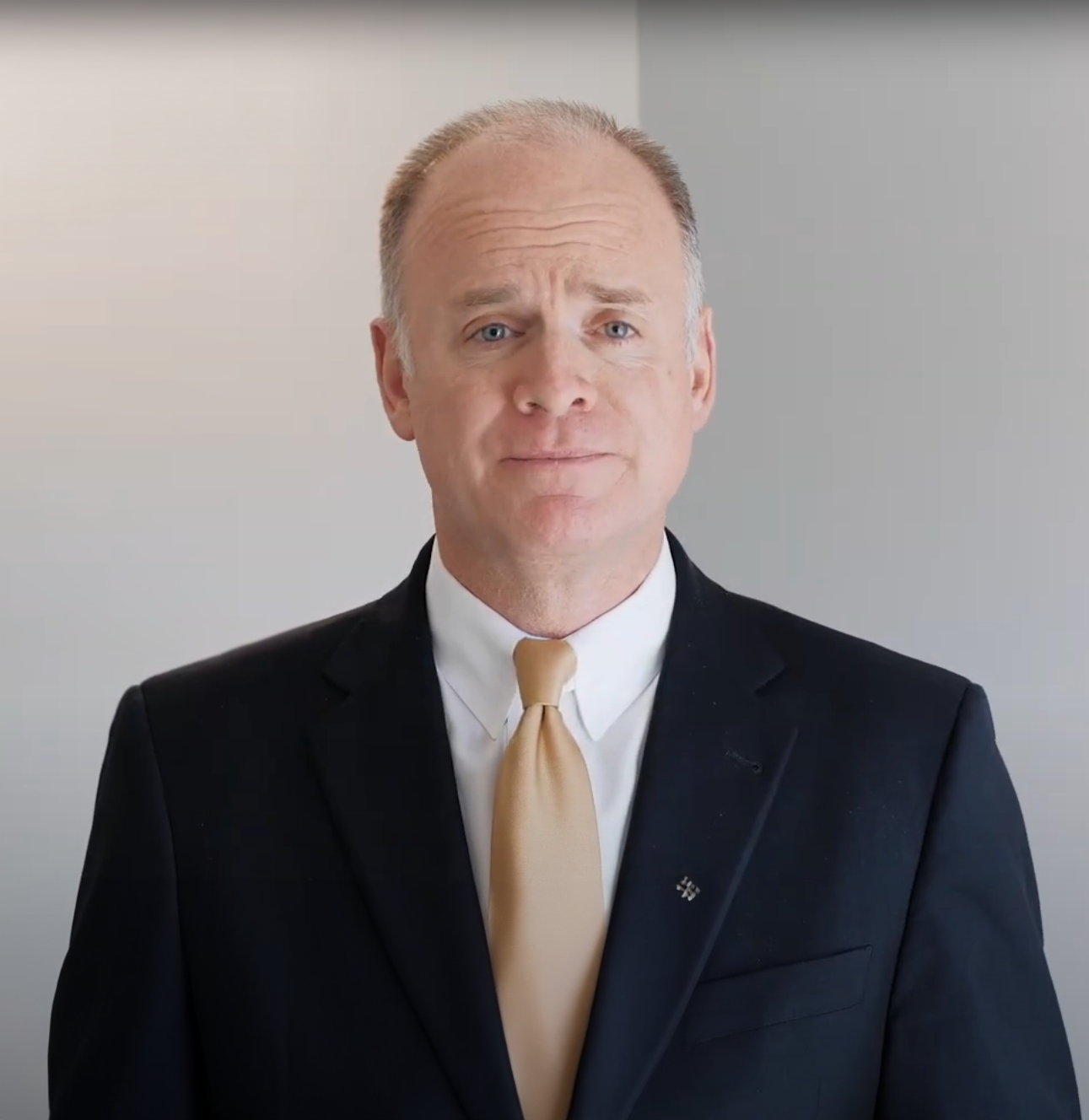The Market’s Dual Nature
Let’s begin with an intriguing phenomenon that has gripped the financial realm: market bifurcation. It’s a topic that warrants our attention as we address recession fears. Picture this – the S&P 500, a collection of 500 diverse companies, yet a mere 8 “mega-cap” stocks hold a collective value exceeding eleven trillion dollars. These tech giants have propelled the Nasdaq to heights not seen since 19831.
This meteoric rise, reminiscent of the dot-com bubble, raises a pertinent question: Are we on the brink of another market correction? History teaches us that rapid ascents are often followed by precipitous falls. After the dot-com bubble burst, it took the Nasdaq an entire decade to recover1.
In my opinion investors, especially those who entrust their funds to passively managed ETFs, should exercise vigilance. These 8 mega-cap stocks wield substantial influence, and a market correction could be detrimental.
Lingering Recession Fears
Now, let’s address the elephant in the room – the looming threat of a recession. It’s a topic that has been circulating for some time. Every day that we manage to avoid a recession brings us closer to the elusive “soft landing” the Federal Reserve seeks. However, history reminds us that this is a challenging feat for the Fed, which raises recession fears.
Adding to the anxiety, Fitch, a renowned credit rating agency, recently downgraded US treasuries – only the second time in history2. This downgrade underscores concerns about the US’s ability to meet its financial commitments, with fiscal irresponsibility and political discord cited as contributing factors.
We must also scrutinize disposable income and wage growth. Although wages are finally outpacing inflation, the rate of wage growth has been dwindling for some time. Coupled with record-high credit card debt and impending student loan payments, this paints a precarious picture for American consumers. A recession may still lurk in the shadows, especially considering the burdens many Americans bear3.

The Rising Tide of Interest Rates
Lastly, we turn our attention to interest rates, an ever-persistent concern that contributes to recession fears. While predicting interest rates with certainty is futile, available data suggests they are unlikely to decrease in the near future. The Federal Reserve’s unwavering commitment to combating inflation means more rate hikes and further tightening of the money supply and risk of recession are expected.
I, for one, am concerned about the potential impact on consumers’ budgets and corporate revenues. As interest rates rise, debt repayment takes precedence, potentially affecting corporate profitability and further confirming recession fears.
In conclusion, these are complex times in the financial world. The markets continue to thrive, but warning signs are visible. It’s essential for both investors and consumers to stay vigilant. At Keystone Financial Group, we stand ready to provide the guidance and support needed to navigate these uncertain waters.
Seth J. Edgil and David Guttery offer products and services using the following business names: Keystone Financial
Group– insurance and financial services | Ameritas Investment Company, LLC (AIC), Member FINRA/SIPC –
securities and investments | Ameritas Advisory Services, LLC (AAS) – investment advisory services. AIC and AAS
are not affiliated with Keystone Financial Group. Information is gathered from sources believed to be reliable;
however, their accuracy cannot be guaranteed. Data provided is for informational purposes only and should not be
construed as a recommendation to purchase or sell any investment product.

Footnotes
1. According to Yahoo Finance, 8 “mega-cap” stocks are worth over eleven trillion dollars combined, while the other 492 companies in the S&P 500 are worth 27.6 trillion dollars (Yardeni Research). The Nasdaq had its best first half of the year since 1983 (CNBC). ↩ ↩2
2. Fitch, a renowned credit rating agency, downgraded US treasuries on August 1st, marking only the second time in history (Fitch Ratings). ↩
3. The Department of Labor reports that wages have been growing at a declining rate. Credit card debt in the US recently topped $1 trillion, with an average interest rate of 24.37% (Forbes, LendingTree). ↩







